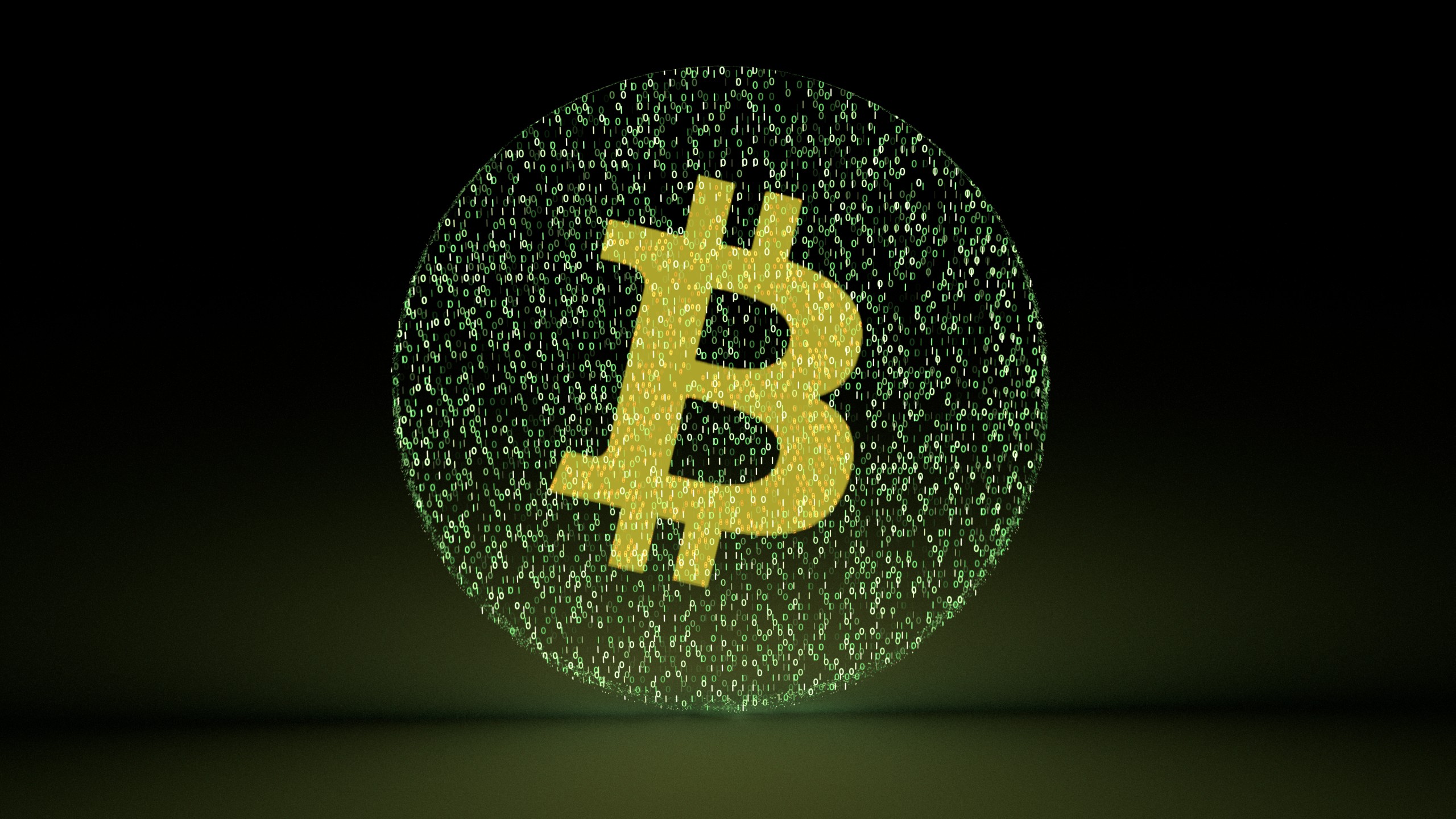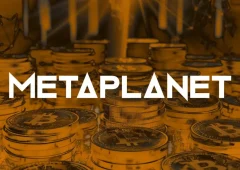Cardano Founder Predicts Bitcoin’s Rise to $500,000 Within Two Years
29.11.2024 11:00 1 min. read Alexander Zdravkov
Charles Hoskinson, the creator of the Cardano (ADA) blockchain, has expressed a highly optimistic outlook for Bitcoin (BTC), predicting a dramatic rise in its value over the next couple of years.
He believes Bitcoin could soar by as much as 436%, reaching between $250,000 and $500,000 within 12 to 24 months, driven by increasing investor interest and adoption.
Hoskinson envisions Bitcoin becoming a digital counterpart to gold, a role humanity has relied on for millennia as a store of value. In his view, Bitcoin is uniquely positioned to serve as the internet’s primary store of value, a status he expects it to maintain well into the future.
He also highlights potential catalysts for Bitcoin’s growth, including its integration with decentralized finance (DeFi) applications and increasing government interest. Hoskinson suggests that the Taproot upgrade, which significantly improved Bitcoin’s smart contract functionality, has transformed the network from a dormant powerhouse to a thriving ecosystem.
He believes this shift positions Bitcoin to dominate DeFi, outpacing platforms like Ethereum, Solana, and Cardano itself within the next two to three years.
Hoskinson further notes that discussions among governments regarding Bitcoin as a strategic reserve asset underscore its growing significance. According to him, this development cements Bitcoin as the primary entry point for institutions and nations into the crypto market.
-
1
Trump’s Two big Bitcoin Moves: Key Catalysts or Just Noise for BTC Price?
08.07.2025 7:30 2 min. read -
2
Speculation Surges as Binance BTC Futures Volume Tops $650 Trillion
04.07.2025 17:37 2 min. read -
3
Bitcoin Market Stalls as Profit-Taking, Whale Dispersal, and Sideways Action Define the Cycle
01.07.2025 20:00 3 min. read -
4
Which Is the Next Bitcoin Price Target?
06.07.2025 20:00 2 min. read -
5
Dollar Weakness Signals Major Bitcoin Move Ahead, Data Suggests
09.07.2025 21:00 2 min. read
Public Companies Now hold Over $100 Billion in Bitcoin — 4% of Total Supply
According to new data shared by Bitcoin Magazine Pro, publicly traded companies now collectively hold over 844,822 BTC, valued at more than $100.5 billion, marking a historic milestone for institutional Bitcoin adoption.
Trump Media Holds $2B in Bitcoin as Crypto Plan Expands
Trump Media and Technology Group, the parent company of Truth Social, Truth+, and Truth.Fi, has officially disclosed that it now holds approximately $2 billion in Bitcoin and Bitcoin-related securities.
Strategy Adds 6,220 BTC, Pushing Total Holdings Past 607,000
Michael Saylor’s Strategy has confirmed another major Bitcoin purchase, acquiring 6,220 BTC last week for approximately $739.8 million.
Bitcoin Open Interest Hits $42B as Funding Rates Signal Bullish Overextension
Bitcoin’s derivatives market is heating up, with open interest climbing back to $42 billion while funding rates continue to surge.
-
1
Trump’s Two big Bitcoin Moves: Key Catalysts or Just Noise for BTC Price?
08.07.2025 7:30 2 min. read -
2
Speculation Surges as Binance BTC Futures Volume Tops $650 Trillion
04.07.2025 17:37 2 min. read -
3
Bitcoin Market Stalls as Profit-Taking, Whale Dispersal, and Sideways Action Define the Cycle
01.07.2025 20:00 3 min. read -
4
Which Is the Next Bitcoin Price Target?
06.07.2025 20:00 2 min. read -
5
Dollar Weakness Signals Major Bitcoin Move Ahead, Data Suggests
09.07.2025 21:00 2 min. read


